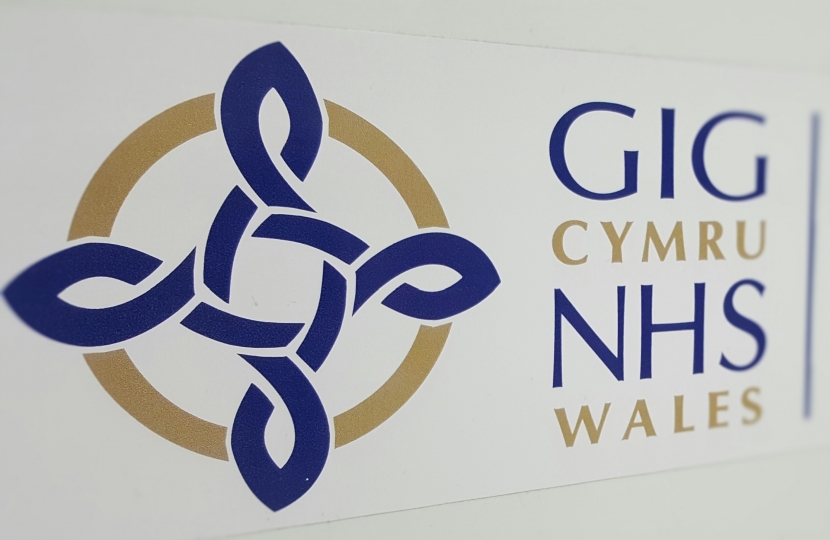
North Wales Assembly Member Mark Isherwood has made fresh calls for the Health Secretary to improve prostate cancer diagnosis rates in North Wales by ensuring that men have access to scans which are over 90% accurate - compared to the 47% accuracy of the biopsies currently offered by Betsi Cadwaladr University Health Board.
Challenging the Health Secretary on the matter in the Chamber last month, Mr Isherwood stressed that men are having to fund the scans themselves because they are not available on the NHS in North Wales.
He raised the matter again in the Assembly Chamber yesterday, and also asked the Health Secretary what action he is taking to ensure men in Wales participate in or take advantage of trials in England for better diagnosis and treatment.
He said:
“Last month, I called for a Welsh Government statement on Multiparametric - or MP - MRI scans from NHS Wales for suspected prostate cancer patients. Subsequently, you wrote to a patient to say that Betsi Cadwaladr University Health Board does provide mpMRI scans in line with the current NICE guidelines for prostate cancer. The guidelines state that Multiparametric MRI should be considered 'for men with a negative transrectal ultrasound 10–12 core biopsy to determine whether another biopsy is needed.'
“The man you were writing to was one of many men who have contacted me in North Wales who were not offered an mpMRI scan following a negative biopsy, unless they paid around £1,000 to have it carried out at a private hospital.
“Given that Wrexham Maelor is the only centre in Wales that participated in the England and Wales PROMIS - Prostate MRI Imaging Study - which found that whereas the painful Transrectal ultrasound guided (TRUS) biopsy offered by Betsi Cadwaladr is only 47 per cent accurate, the mpMRI scan is over 90 per cent accurate, how are you ensuring that men in Wales participate in or take advantage of the £75 million research project launched by the UK Prime Minister, which will recruit 40,000 men into trials for better diagnosis and treatments for the disease using mpMRI scans?”
The Health Secretary replied:
“We will continue to provide a service that is in line with NICE guidance. The NICE guidance is due to be updated in April 2019. If we have the Welsh urology board—again, our clinicians here in Wales—if they reach a clinical consensus in advance of that, we can make different choices right across the service, but at this point, the provision is evidence based.
“Actually, there is a high satisfaction rate from prostate cancer patients here in Wales. I'm satisfied that health boards are doing what they should do, but, of course, we will always have more to learn from pilots in every part of the country, just as, indeed, pilots in north Wales will have much to teach the rest of the country in a variety of areas; for example, in a different area of the advanced paramedic trial in north Wales, where there'll be learning for the rest of the country to learn from there. It is entirely normal to have pilots to take learning from and then improve the whole service—that is exactly what we are doing with prostate cancer as well.”
Mr Isherwood added: “As one of the affected constituents told me after watching the Health Secretary’s response: ‘If my understanding of the current NICE guidelines is correct, his statement to the Senedd that service provision in the Welsh NHS is in line with NICE guidelines is patently not true, as you evidenced in your question’.
“As Leading Prostate Cancer research expert Professor Mark Emberton from University College Hospital in London has said, death rates are still high ‘because we have been using the wrong test. He and others have investigated the use of MRI scans after blood tests, which have successfully identified a greater proportion of tumours.”